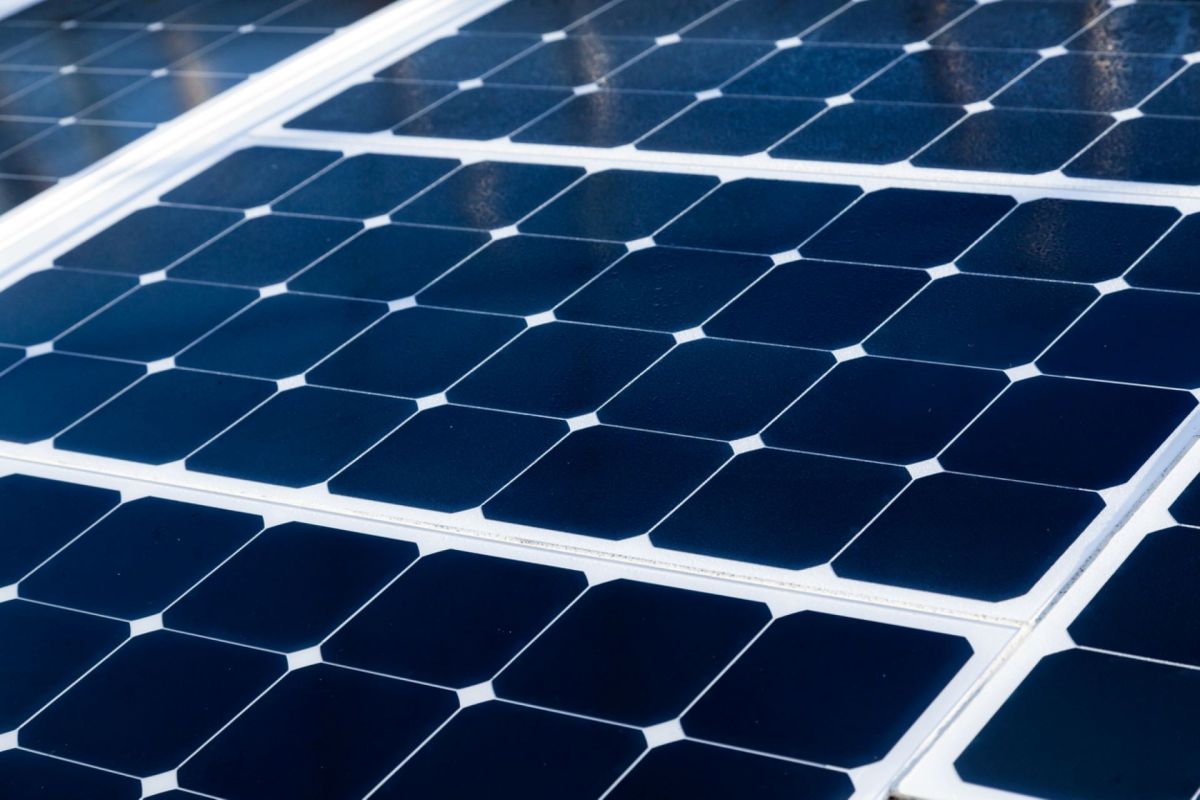Solar panels are one of many clean energy solutions that provide much-needed electrical energy to electrical grids worldwide. Solar panels function by allowing sunlight to shine on specialized receptors known as photovoltaic cells, or PV cells, which in turn transform the energy within the sunlight into an electrical current run through wires into the grid.
A research team from Shanghai University of Engineering Science in China has developed a new glass-ceramic material to increase the energy absorption of solar panels, according to The Independent.
But how does this all work? Sunlight contains multiple types of light, or wavelengths, from infrared (heat), to visible (colors), and to ultraviolet (aka UV, which causes sunburns on skin).
🗣️ If you don't have solar panels on your home, which of these factors is the biggest barrier to installing them?
🔘 Upfront costs 💰
🔘 Trouble with my HOA 🚩
🔘 Too much maintenance 🔧
🔘 An incompatible roof 🏠
🗳️ Click your choice to see results and speak your mind
Solar panels absorb only visible light to convert to energy through the PV cells. However, this new glass-ceramic material, when placed on top of the panels, allows visible light to pass through like normal and transforms ultraviolet light into visible light. This effectively increases the amount of usable light from the sun and produces more energy during daylight than ever before.
"With potential applications in both terrestrial and space photovoltaic cells, the development … might open up new avenues to achieve better performance in photovoltaic devices," Pei Song of Shanghai University of Engineering Science said, per The Independent.
Glass-ceramic holds additional benefits as well. Glass-ceramic can be modified in many ways, including to alter the material's clarity and limit the amount of light that passes through. It also has an extremely high impact and heat resistance compared to traditional glass.
This means this new glass layer on solar panels will not only increase energy conversion, but also protect the next-generation perovskite panels from typical wear and tear due to dust, hail, animals, and repetitive exposure to intense heat, as The Independent reported.
Solar panels play a key role in helping the world transition away from climate-warming fossil fuels. Our overuse of fossil fuels has led to increased global temperatures and more dramatic weather phenomena. They also contribute to more polluted air and water and are damaging to all organisms when exposed. Solar energy however, provides no adverse health impacts to humans or the environment.
Sunlight is a reliable energy source to supplement our energy needs, and this recent discovery will multiply the benefits of solar power. By increasing the amount of usable energy from the sun and decreasing reliance on fossil fuels, we can provide much-needed electricity at a significantly reduced environmental cost.
Join our free newsletter for weekly updates on the coolest innovations improving our lives and saving our planet.









